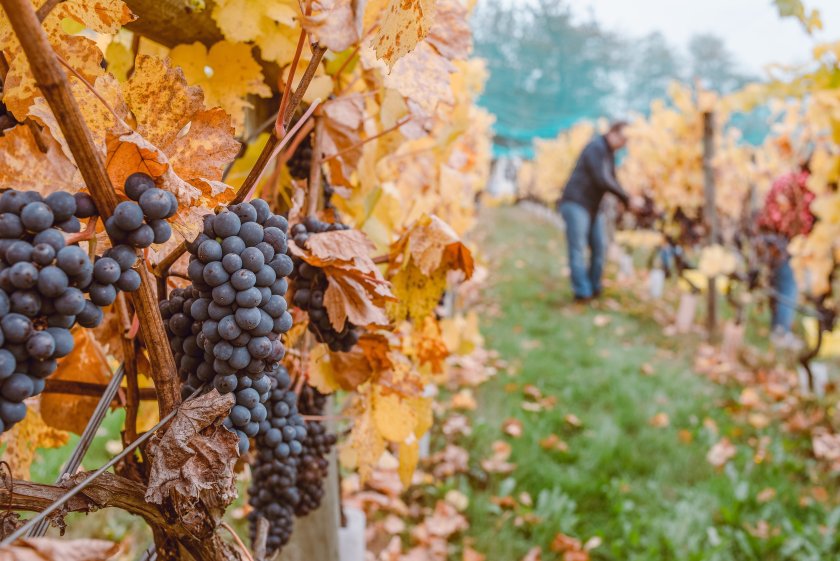Project looks to boost robotics and AI in UK viticulture sector

The British viticulture sector is set to become the latest to benefit from the introduction of cutting-edge virtual reality robotics technology.
A new programme funded by Defra will see a tech start-up combining this technology, alongside AI, to make it easier for growers and machines to work together.
The technology is set to allow winegrowers to remotely monitor crop health, identify potential issues early on and take appropriate action.
Despite a relatively small number of vineyards in the UK covering 10,000 acres - viticulture – or 'winegrowing' – is the UK’s fastest-growing agricultural sector.
Changes in weather and seasonal temperatures have driven production, with exports predicted to be worth as much as £350m by 2040.
Exploring new ways to modernise different practices is the essence of the project, which is being delivered by Extend Robotics and East Anglia winemaker Saffron Grange.
With a well-publicised shortage of seasonal workers affecting horticulture, which contains viticulture, the project aims to reduce reliance on this form of manual labour.
This will reduce labour costs, while cutting emissions and the environmental impact of existing approaches, according to Extend Robotics and Saffron Grange.
Ultimately, they intend for the research project to significantly improve the productivity and sustainability of the British viticulture industry.
Founder of Extend Robotics, Dr Chang Liu, said the project hoped to "change the face - and future - of viticulture in the UK".
She said: "The viticulture industry in the UK may well be over 1,000 years old, but it has continually moved with the times. This is simply an exciting continuation of that progress.
“Our technology will allow growers to remotely monitor crop health, identify potential issues early on, and take appropriate action.
"Using AI, they will then be able to automate general tasks and improve the efficiency of their operations over time, resulting in better overall crop quality and higher yields."
The project, titled ‘Integrated Human-Augmented Robotics and Intelligent Sensing Platform for Precision Viticulture’ is a collaboration between Extend Robotics, Queen Mary University of London and Saffron Grange.
It has received funding from Defra's Farming Innovation Programme, delivered in partnership with Innovate UK.








